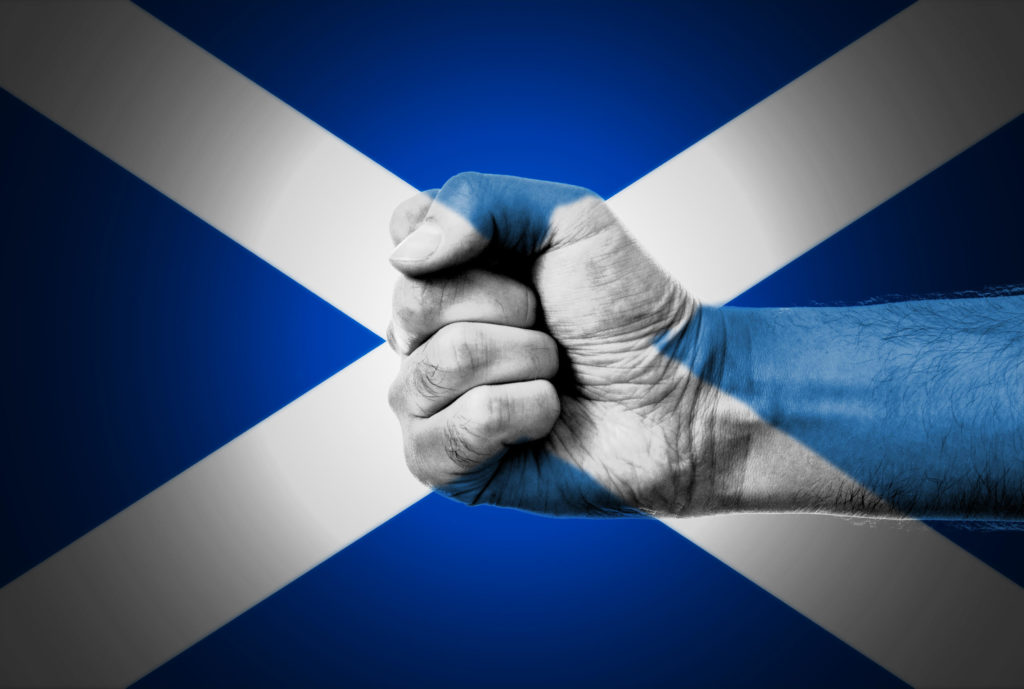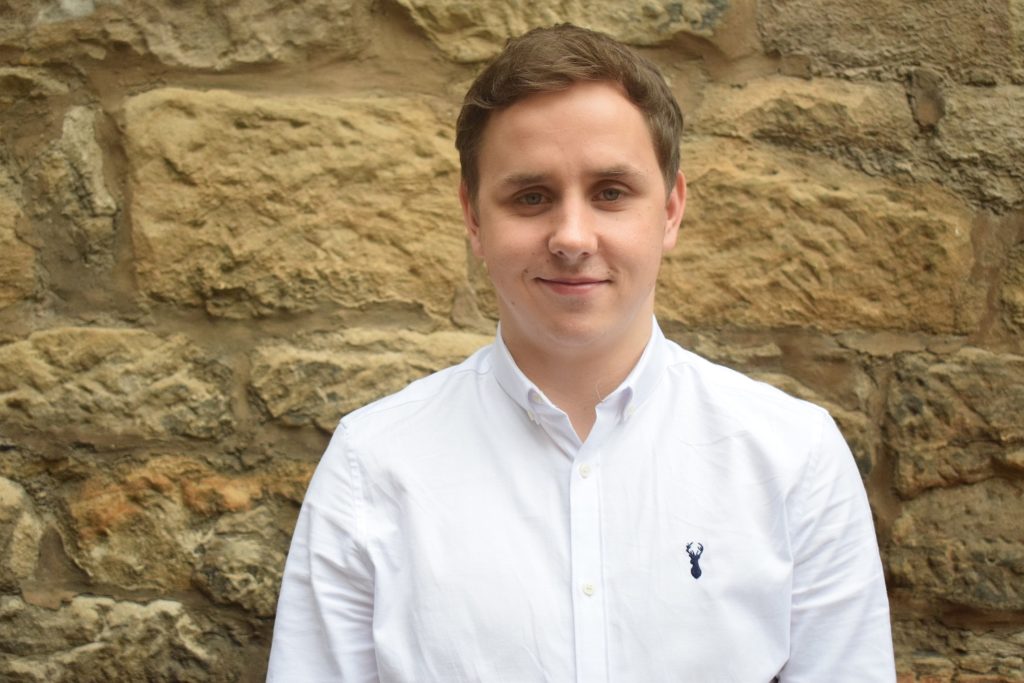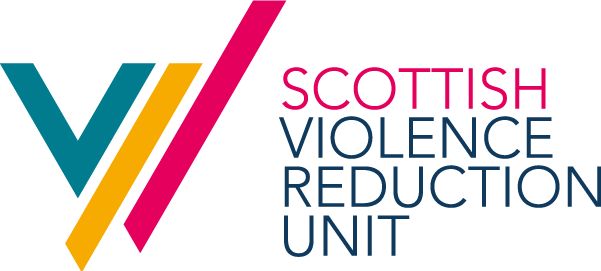
Kenneth Murray is a writer and campaigner who is passionate about transforming the public understanding of care experienced people. In a guest blog for the SVRU Kenneth looks at the country’s cultural fascination with violence and asks why often the poverty and trauma that underpins such acts is ignored.
Scotland has a problem with our identity as a nation when it comes to violence.
You don’t have to look far to find it. It’s a problem which plagues our music, our literature, our screens and every other cultural platform. At the same time, it exists within a paradox that some of our cities are judged as being among the friendliest in the world.
It would be foolish to deny that both are in a way true. Scotland is renowned for its hospitality and welcoming nature. But we’re also proud of being a warrior nation. Pick your character, whether it’s William Wallace or Bonnie Prince Charlie. For the connoisseur we might even wheel out the stories of clan warfare, deceit and betrayal.
From an early age I was told stories of Scottish warriors at school. We sometimes drew them or wrote stories about them. We were told of the bravery they’d shown with their large swords and ferociousness in battle.
Looking back twenty years later, I can see why I struggled to separate it from the reality on my street. A reality which played out in frantic battles between groups of drunk young men, fuelled on the same stories fighting ‘postcode-wars’. At the tender age of ten, I looked up to these young men in awe. They were like the warriors I’d been told about only instead of kilts they wore tracksuits.
For a long time, I drew some odd kind of pride from my cousins who were involved in this violent way of life. Whether it was the ‘Bar L’ or the ‘Skinheeds’ my mum would remind me that if I was venturing into those areas, all I had to do was mention their name and I’d be safe from violence being perpetrated against me. They’ve got a very different perspective on this period of their life which has left its marks, physically and mentally.
These stories were passed down throughout the generations and built our identity within the housing schemes of Scotland. They then made their way into the books I read and onto my screen. However, the stories of people working their hardest to build their communities and provide for their families by overcoming countless barriers didn’t seem to quite get the same airtime. Perhaps those in positions of power were also caught up in the exciting world of violence?
I don’t think it’s entirely their fault. As a nation we’ve played our hand as the ‘warrior poets’ and we’ve played it well, but it comes at a cost.
As a young man in an impoverished housing scheme, I grew up in a generation which was infatuated with the violence of the young team dream. If you wanted it, you too could live the gory glory of the stories.
This violence has seeped into our cultural identity and we don’t know what to do about it. We’re plagued by the ‘Taggart effect’. Whether it’s soaps which may rely on stereotypes of drunk Scotsmen committing acts of domestic violence, Hollywood films casting Scots’ actors as the henchmen to the evil do-er or the occasional Scottish made film which glorifies one of our many stories of violence, whilst doing little to engage with the poverty and trauma that surrounds it all.
The good news is we’re already taking steps towards a solution. Books like “The Young Team’ by Graeme Armstrong tell a story of violence with a healthy dose of the reality and struggles involved by the young men involved in it.
Violence is entirely preventable, but the nation needs to take that message to heart. We need to understand those caught up in the violent struggle of poverty and trauma to really understand the root causes of the violence that this struggle begets.
Most importantly, we need to tell a different story that doesn’t play to base desires and cultural gaslighting about our own behaviour. We need to step back from the idea that we’re a nation of warriors and understand that often we’re also a nation that’s hurting.
To do that we need to understand why people are hurting and then take action to heal the pain. We need to create space for people to tell their stories of struggle and triumph and not just cherry pick the bits we think would enthral outsiders.
Only when we open ourselves up to that discussion on a wider level can we truly come to terms with our identity as a nation and ask what we’re prepared to do to tackle it.

– Kenneth Murray
